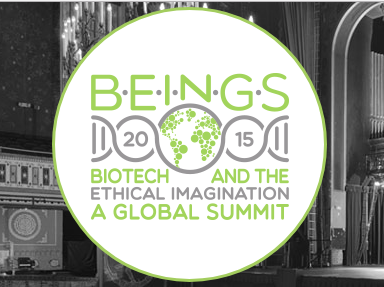Ethical principles for the use of human cellular biotechnologies
By Paul Root Wolpe, et al.,
Nature Biotechnology
| 11. 09. 2017
Recent developments in bioengineering promise the possibility of new diagnostic and treatment strategies, novel industrial processes, and innovative approaches to thorny problems in fields such as nutrition, agriculture, and biomanufacturing. As modern genetics has matured and developed technologies of increasing power, debates over risk assessments and proper applications of the technology, and over who should have decision-making power over such issues, have become more prominent. Recently, some scientists have advocated that ethicists “step out of the way,” whereas others have called for greater ethical scrutiny, or even for moratoria on some lines of research1,2. As a community, however, we must together determine the proper application of these powerful biological tools. This paper, a consensus statement of a group of interdisciplinary delegates drawn from the top biotech-producing countries of the world, offers a set of ethical principles to contribute to the ethical conversation about human cellular biotechnological research moving forward.
In May 2015, a group of over 140 delegates from the top biotech-producing countries of the world gathered in Atlanta, Georgia, USA for a three-day conference entitled...
Related Articles
By Julia Métraux, Mother Jones | 02.10.2026
Why was Jeffrey Epstein obsessed with genes? In the latest tranche of Epstein records and emails made available by the Department of Justice, themes of genes, genetics, and IQ—alongside more explicit threads of white supremacy—keep cropping up, often adjacent to Epstein’s...
By Teddy Rosenbluth, The New York Times | 02.09.2026
Dr. Mehmet Oz has urged Americans to get vaccinated against measles, one of the strongest endorsements of the vaccine yet from a top health official in the Trump administration, which has repeatedly undermined confidence in vaccine safety.
Dr. Oz, the...
By Ava Kofman, The New Yorker | 02.09.2026
1. The Surrogates
In the delicate jargon of the fertility industry, a woman who carries a child for someone else is said to be going on a “journey.” Kayla Elliott began hers in February, 2024, not long after she posted...
By Alex Polyakov, The Conversation | 02.09.2026
Prospective parents are being marketed genetic tests that claim to predict which IVF embryo will grow into the tallest, smartest or healthiest child.
But these tests cannot deliver what they promise. The benefits are likely minimal, while the risks to...




